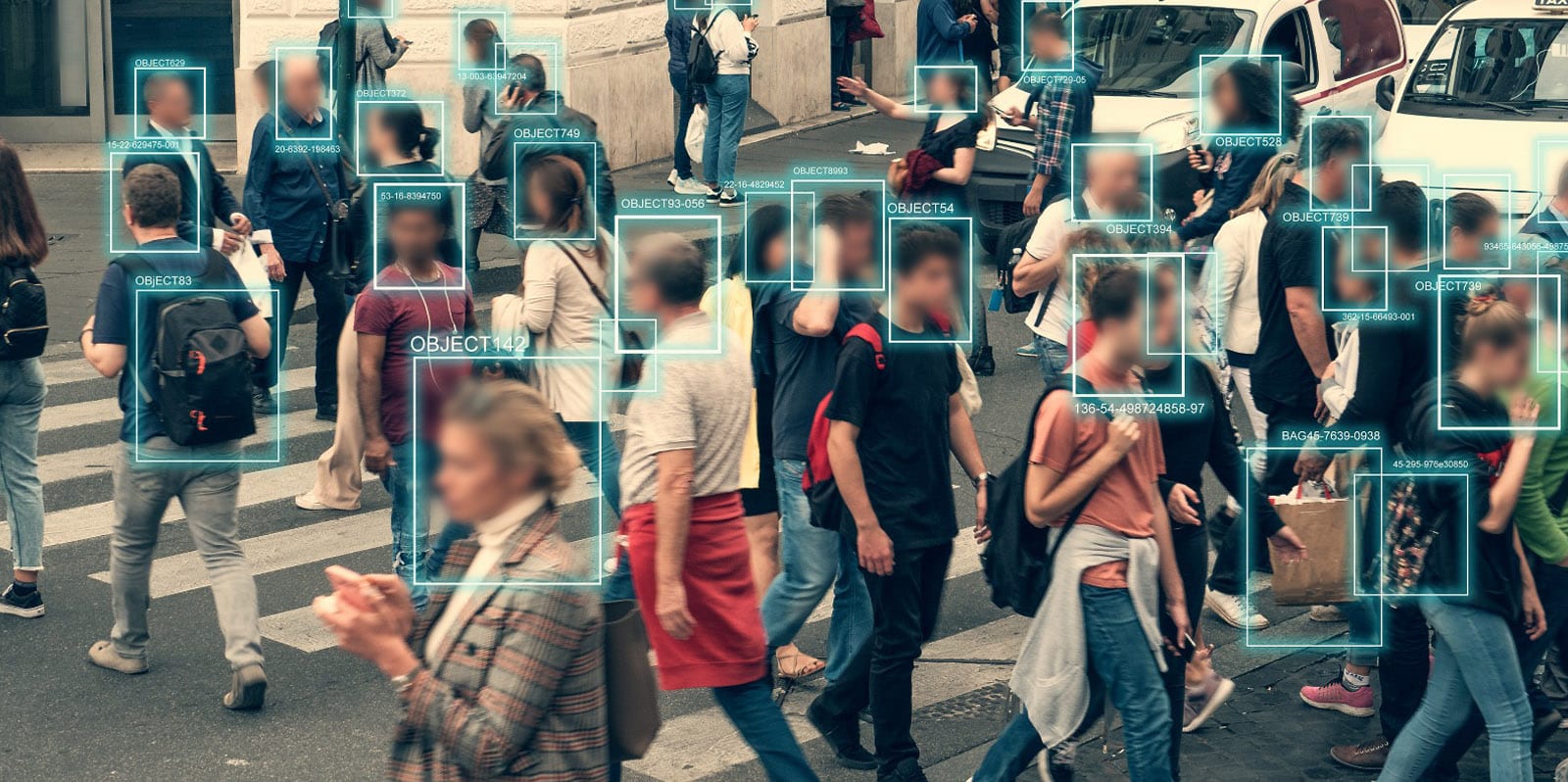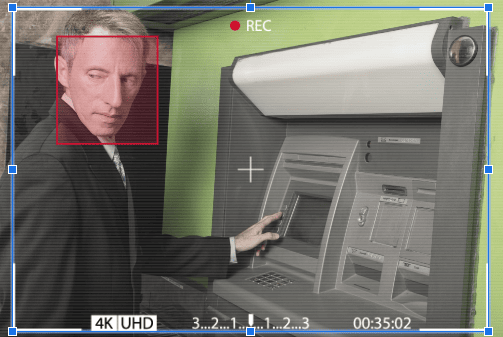Earlier this week, Mexican presidential candidate Marcelo Ebrard called for the implementation of a facial recognition network to combat crime in the country. This move has sparked a heated debate surrounding the use of this technology and its potential implications for privacy and civil liberties. While there are valid concerns that need to be addressed, I believe that embracing facial recognition technology within the framework of smart cities has the potential to significantly enhance public safety and improve the lives of citizens.
Facial recognition technology has proven to be a powerful tool in law enforcement and security efforts around the world. By utilizing real-time facial recognition, law enforcement agencies can quickly identify individuals on watchlists and locate suspects, leading to faster and more efficient crime-solving. This technology has the ability to overcome challenges such as face coverings and harsh environments, making it a reliable tool for law enforcement personnel.
In the context of smart cities, facial recognition can play a crucial role in ensuring public safety during large events or crowded areas. By monitoring and analyzing crowds, authorities can identify potential threats and prevent criminal activities before they occur. This proactive approach can significantly reduce crime rates and create a safer environment for residents and visitors alike.
Our extensive experience in the field has taught us that the integration of facial recognition technology with smart city infrastructure can streamline everyday processes, such as access control and identification. Traditional methods like ID cards or passwords can be replaced with facial recognition, making entry to public buildings, public transportation, and border control faster and more efficient. This not only saves time but also enhances security by minimizing the risk of forged or stolen identification.
Furthermore, facial recognition has the potential to enable personalized services and improve urban planning. By analyzing demographic and behavioral patterns, authorities can gain valuable insights into public preferences, traffic flow, and resource allocation. This data-driven approach allows for optimized city services and infrastructure, leading to a better quality of life for citizens.
The call for a facial recognition network by Mexican presidential candidate Ebrard presents an opportunity to enhance public safety and improve the lives of citizens. While privacy concerns should not be ignored, the potential benefits of this technology in the context of smart cities are significant. By implementing proper safeguards and regulations, we can strike a balance between security and individual rights, creating safer, more efficient, and tailored urban environments for all.
Ofer Ronen is the EVP of Global Business Development for Corsight AI, a world leader in facial recognition serving clients across various sectors in both government and private domains, including law enforcement agencies and smart cities in Latin America.



